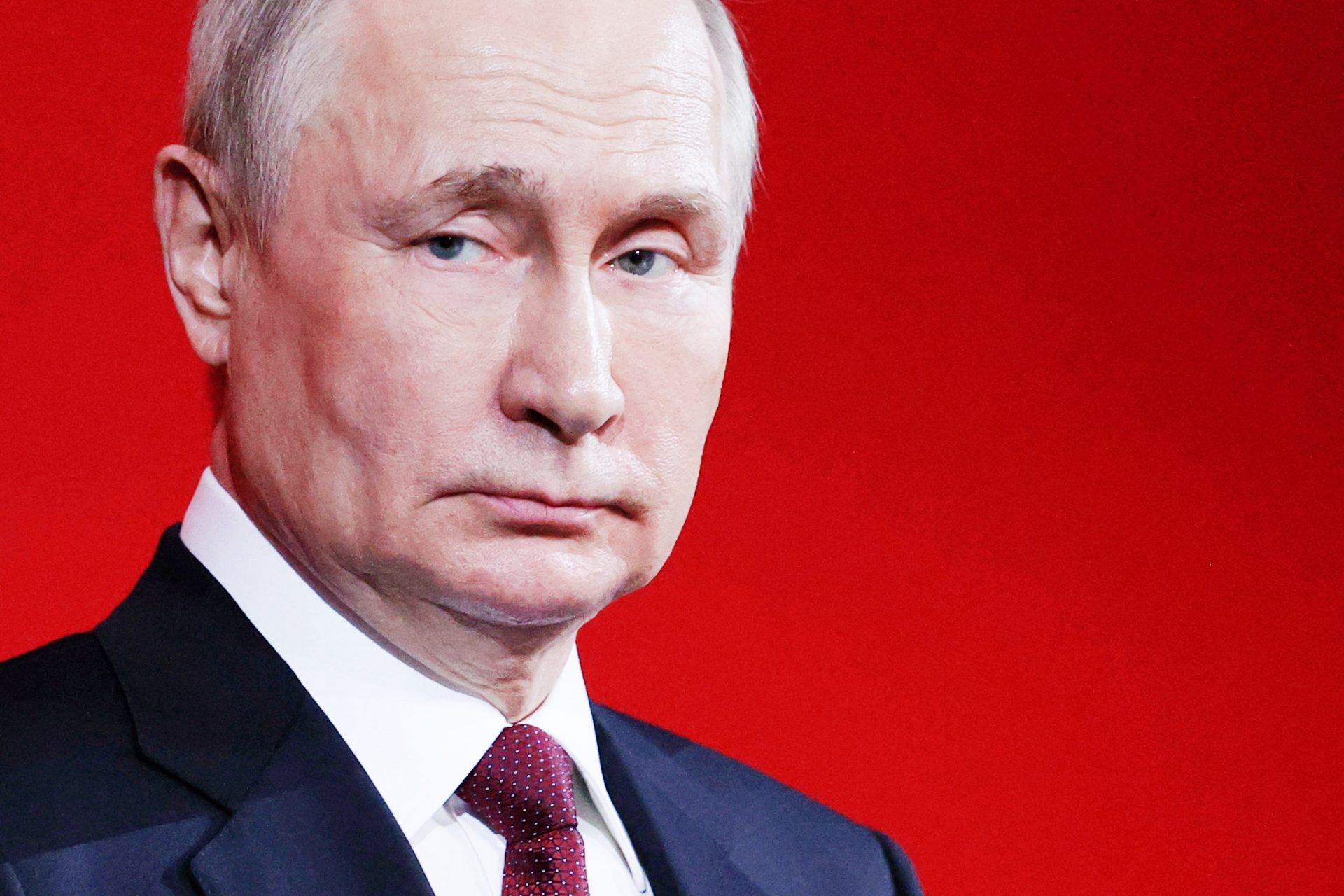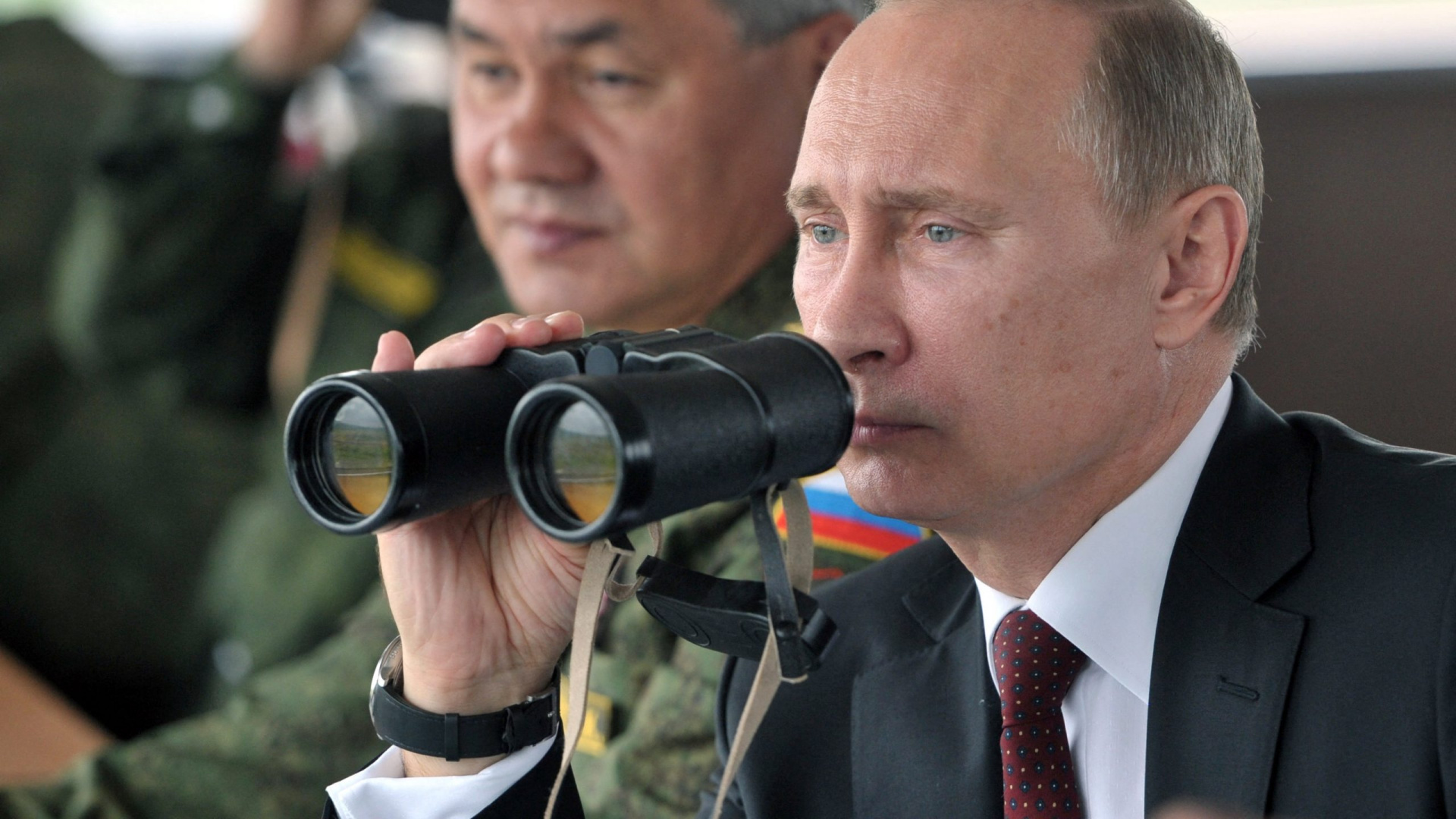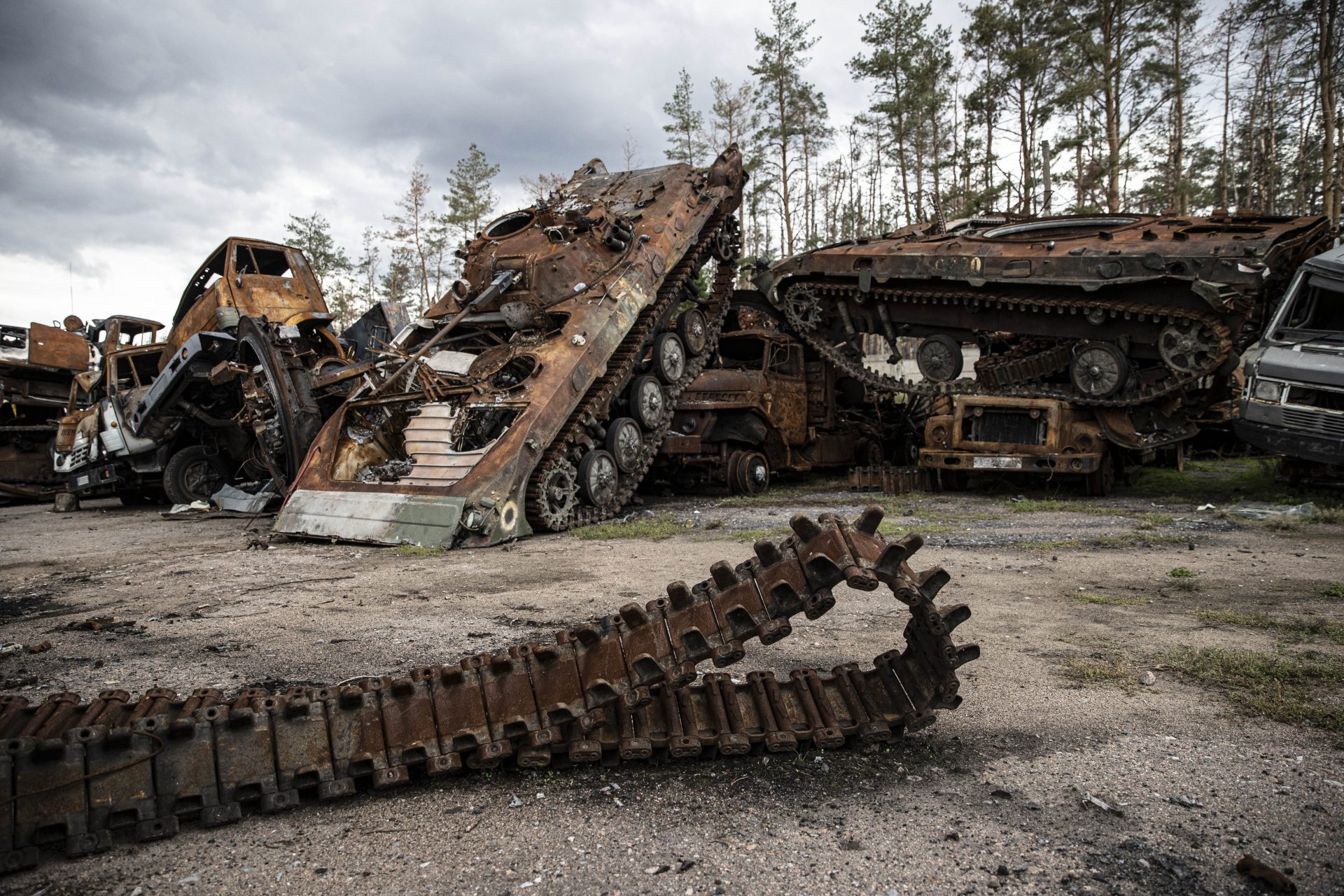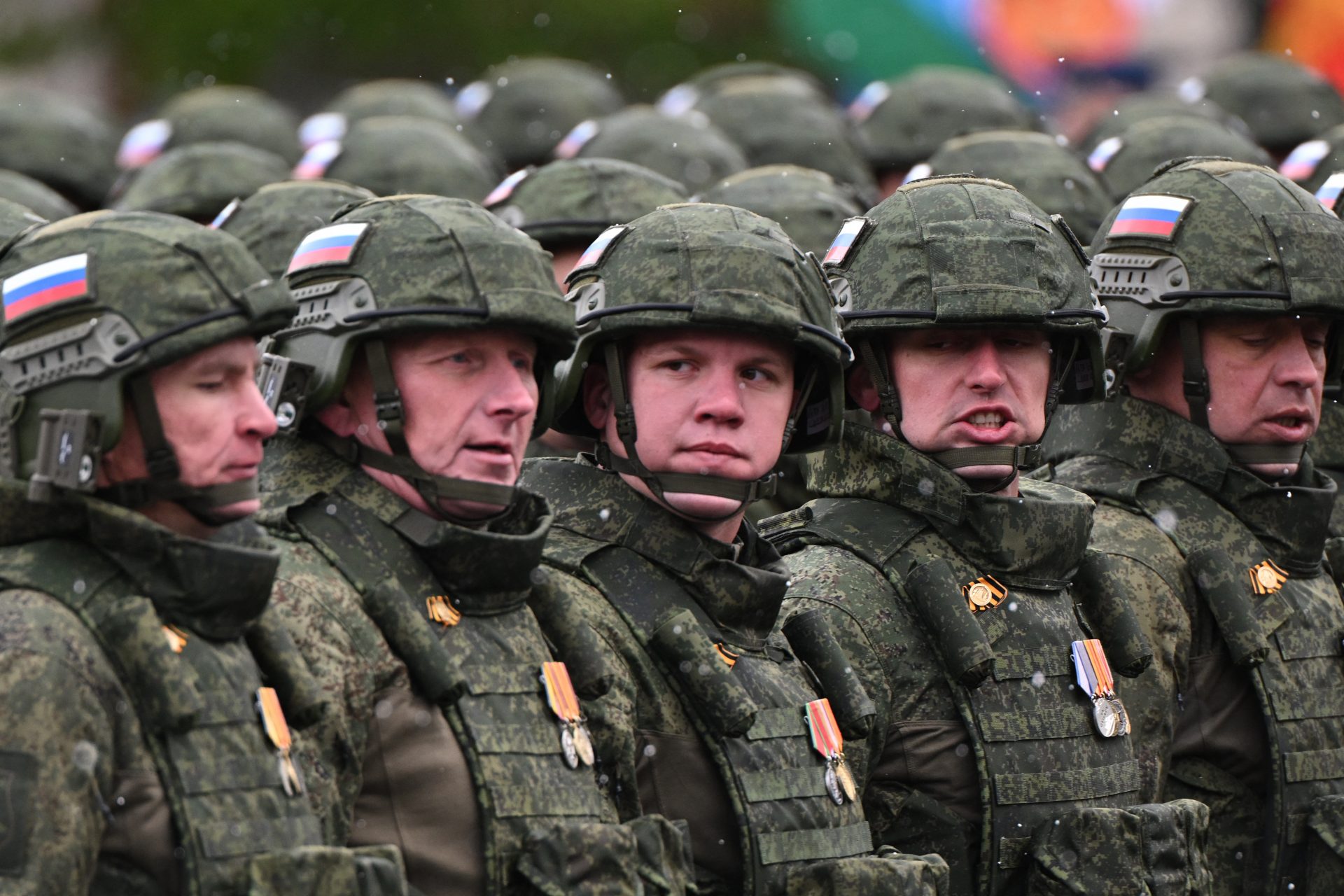Xi Jinping has been unanimously elected for a third presidential term
It's official, Xi Jinping has been re-elected unopposed for a third presidential term as President of China. This is an unprecedented move since the times of Mao Zedong.
The Chinese leader was elected unanimously by nearly 3,000 delegates of the National People's Congress, which NPR describes as a “rubber stamp parliament”.
According to NPR, China's presidency is largely ceremonial, with power residing in Xi's position as secretary general of the Chinese Communist Party and head of the country's military.
The Guardian reported that President Xi Jinping formally extended his rule for five more years with the possibility of staying on even longer than that at the 20th Congress of the Chinese Communist Party in October 2022.
During these meetings, they ostensibly elect the party's general secretary, among other high-ranking government positions.
Xi Jinping not only announced his third term at the meeting, but he also showed “no interest in succession planning,” according to The Economist.
In addition, the Chinese leader appointed a number of loyal Chinese politicians as his "inner circle," The Guardian reported. They are China's most powerful men.
In a remarkable incident during the closing ceremony, a former senior party member, Hu Jintao, 79, was awkwardly escorted out of the meeting.
The Chinese government did not explain why Hu was removed. The BBC quotes the Chinese state news agency Xinhua in reporting that Hu was unwell.
However, it is also known that Hu Jintao has very different ideas from Xi Jinping about leadership and openness. Not only within the party but also in society and on the internet, as Professor Henry Gao of Singapore Management University explained in the New York Times.
"Given how carefully these meetings are rehearsed and arranged, the fact that they let this happen in front of everyone, in front of the media, is the most important thing," Gao said. It could be interpreted as the public dismissal of an opponent.
The Guardian says Xi Jinping now has "absolute power." Various media outlets, including The Atlantic and Politico, compare his power to that of an emperor, while ABC labels him the "red emperor."
Of course, in the Communist Party, they don't use the word 'emperor.' Their preferred term is 'Chairman.' According to Jenni Marsh in Bloomberg, "President Xi Jinping has accumulated so many titles he's been called the Chairman of Everything."
However, it goes further than that, Bloomberg claims. Among the many titles he accumulated, "one such title is gaining ground among the Communist Party elite and raises fears of a Mao Zedong-like cult of personality." It's the title of 'Lingxiu,' or 'leader,' a name previously reserved only for Mao.
After leaders like Deng Xiaoping (pictured) set up a system in the 1980s to ensure there would be no repetition of Mao Zedong's 27-year one-man rule, Xi Jinping has now ended that system and reintroduced the possibility of endless rule, Jenni Marsh explained.
In 2021, a historical resolution by the Chinese Communist Party already elevated Xi to the same historical status as Mao Zedong and Deng Xiaoping.
Xi Jinping was born in Beijing in 1953. His father Xi Zhongxun (pictured) was part of the earliest generation of Chinese Communist leadership. The elder Xi was considered a moderate within the party, which brought him and his family many problems.
The younger Xi studied Chemistry at Tsinghua University from 1975 to 1979 and would proceed to rise within the political apparatus in the following decades. Here's Xi Jinping in 2000 as governor of the province of Fujian.
Xi Jinping succeeded Hu Jintao in 2012 as President of China, General Secretary of the Chinese Communist Party, and Chairman of the Central Military Commission. This made him the paramount leader of the country.
Contrary to his direct predecessors, Xi Jinping tried to break the system of moderate, collective rule. He redefined the Chinese government, with himself at its center.
According to The Wall Street Journal, the president of China has developed “a cult of personality and engineered a removal of term limits, thereby allowing him to become ruler for life.”
Xi Jinping has even managed to introduce his political thought into the Chinese Constitution.
Removing term limits also breaks the generational renewal accustomed within the Chinese leadership. Instead of having younger, more modern Communist party members succeed him in 2022, Xi extended his rule for at least 5 more years and potentially for life.
Under his government, Xi Jinping has solidified China's place as a global superpower. The country surpassed the United States as the world's biggest economy.
The Chinese government launched The Belt and Road Initiative in 2013, a massive infrastructure project in over 70 countries. The project has been described by The New York Times as "the backbone of China’s economic and geopolitical agenda."
However, technological or economic growth hasn't included the promotion of human and social rights.
Some experts, such as Jonathan Tepperman in Foreign Policy, argue that “Xi Jinping is methodically dismantling virtually every one of the reforms that made China’s spectacular growth possible over the last four decades.”
Tighter control of the media and the population has gone hand in hand with Xi's more centralized approach to ruling China. NPR points out that the country introduced stricter media rules in 2021 that range from limiting online game hours to banning 'effeminate' men from TV.
Under the guise of a strong, national identity, the central government has also cracked down on minority groups such as the Uyghurs in the western province of Xinjiang.
Al-Jazeera reports that 'Xi Jinping Thought' has been included in the Chinese school curriculum, looking to "extend his personality cult to children as young as seven and rear a new generation of patriots."
Among the 14 principles of Xi Jinping Thought is the total rule of the party in every aspect of life: "The government, the military, the people, the academia and all circles, the party leads all."
The only thing that could virtually stop Xi Jinping, according to Mitter, is being forced to step down by the same political elite that anointed his philosophy as "Marxism for the 21st century" and "the essence of the Chinese culture and China’s spirit."
Al-Jazeera says that "the Chinese dream is inseparable from a peaceful international environment and a stable international order." But what does that really mean: an order dominated by China or an order in which it shares power with the US?
Some think that the United States and China have entered into some kind of cold war. In the past decade, tensions between the two nations have grown.
The self-ruling territory of Taiwan, an island nation that China officially regards as a breakaway province, could be a point of contention between Beijing and The West.
President Joe Biden claimed in October 2021 that the United States would defend Taiwan in case China made the first strike on the island.
In addition, House leader Nancy Pelosi visited the island in August 2022; a gesture considered a provocation by Beijing.
The Chinese government has developed closer ties with Vladimir Putin and Russia over the last decade. Xi Jinping has said on more than one occasion that Putin was "his best friend" in the international landscape.
However, the Chinese government has adopted a neutral, aloof attitude to the war in Ukraine. It appears to have distanced itself from Russia while the US, the EU, and its allies impose sanctions on Moscow and its oligarchs.
Media like The Guardian consider a conflict between the United States and China unlikely since both countries still depend on each other economically. "Xi's position looks unassailable now," argues Rana Mitter for The Guardian.
With his political rivals neutralized, a tight hold on Chinese society, and little chance of international trouble, Xi Jinping has all the conditions of a ruler who could remain in power for a long time.
Whatever happens, it is already certain that Xi has left a lasting effect around the world. He will be remembered as one of the most important and influential leaders of modern China.
More for you
Top Stories























































